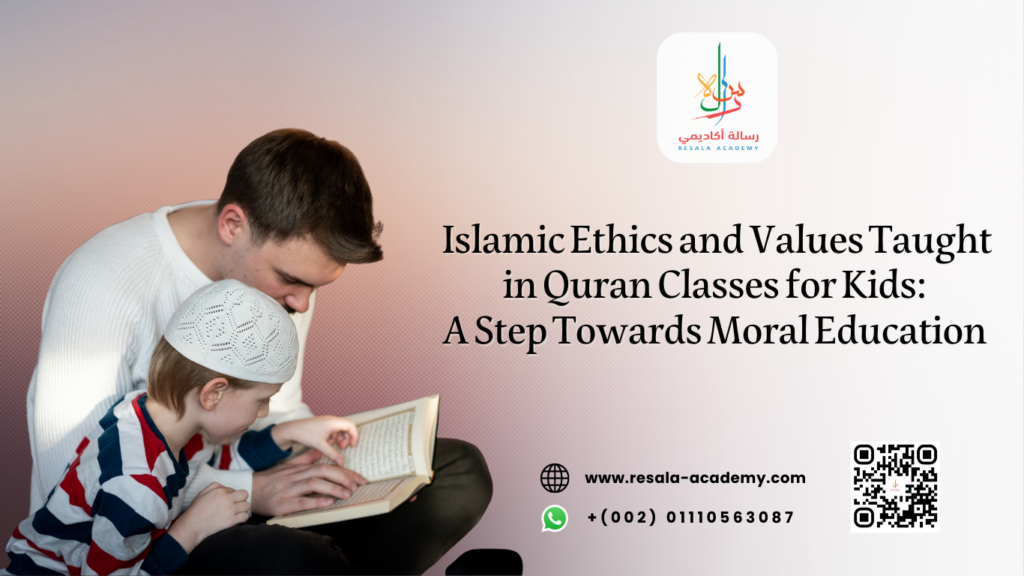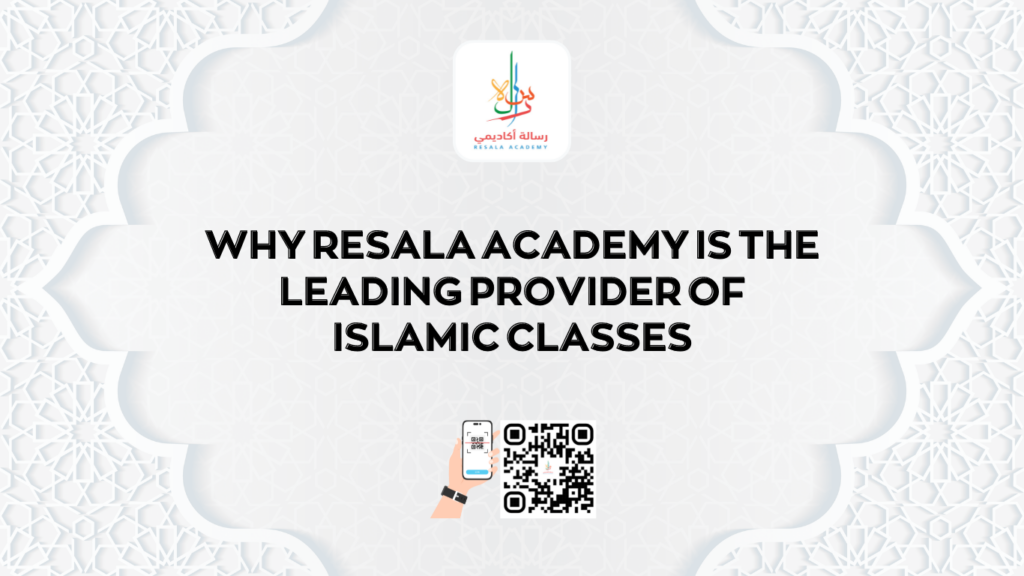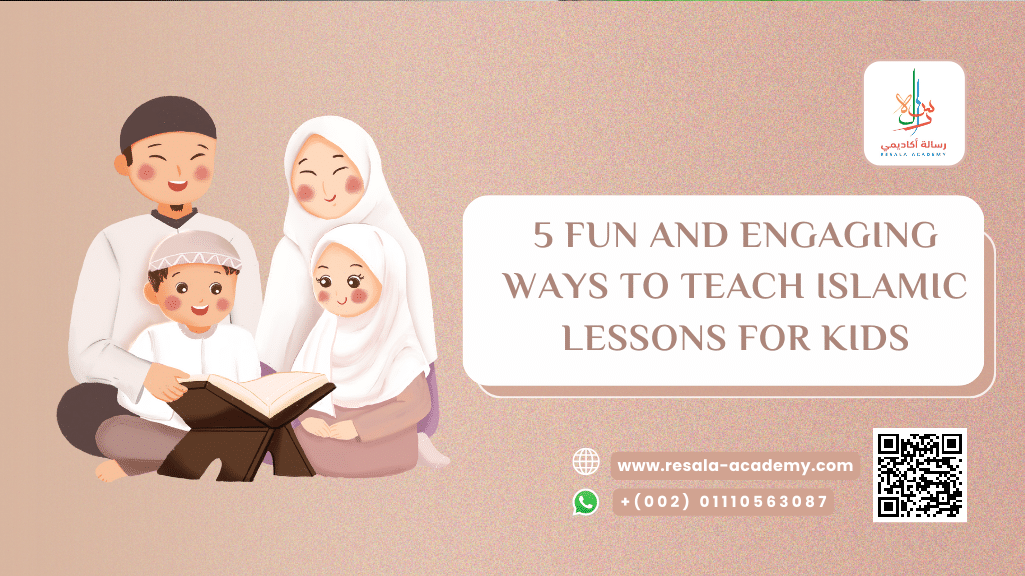Table of Contents
Islamic Ethics and Values Taught in Quran Classes for Kids: A Step Towards Moral Education Part #1
With the current state of the world, it is more important than ever to raise children with strong moral values. One way to do this is by enrolling them in Quran classes for kids, which will teach them Islamic ethics and values. Some of the important values that kids will learn in Quran classes include honesty, compassion, respect, and responsibility. These are essential qualities that will help them succeed in life and make positive contributions to society. In addition to learning valuable life lessons, kids will also develop a better understanding of their religion. They will be able to see how Islam teaches us to live morally upright lives. This knowledge can help them form a strong foundation for their faith. Quran classes for kids provide a great opportunity for kids to learn about morality and religion. It is a step towards ensuring that they grow up to be good citizens with strong character.
The importance of teaching morality to children
Teaching morality to children is crucial for their development as responsible, empathetic, and respectful individuals. Moral education helps in shaping their values, beliefs, and behavior toward others which are essential for their socialization process. It also provides them with a moral compass to navigate through life’s challenges.
Islam emphasizes the importance of teaching morality from an early age. Quran classes for kids provide the perfect platform to instill ethical values like honesty, kindness, generosity, and empathy into young minds. By learning about Islamic ethics and values, children learn how to be better human beings who contribute positively to society.
Moral education should not only focus on religious teachings but also include universal principles such as respecting other cultures and religions, valuing diversity, and promoting justice. In doing so, we can nurture a generation of compassionate individuals who understand the importance of living in harmony with one another.
In conclusion, imparting moral education is not just important; it is crucial in today’s world where tolerance and respect seem lacking. Quran classes offer a unique opportunity to teach Islam’s ethical principles while fostering character-building skills that can shape children into well-rounded adults.
How Islamic ethics and values are a vital part of moral education for kids
Islamic ethics and values are an integral part of moral education for kids. Quran classes not only teach children how to recite the holy book but also instill in them the teachings of Islam that promote kindness, honesty, respect, and other important moral values. Islamic ethics provide a comprehensive framework that encompasses all aspects of life including personal behavior, social conduct, economic relations, and environmental sustainability.
By teaching kids Islamic ethics and values from a young age, we are equipping them with tools to navigate through life with integrity and compassion. It helps them develop a strong sense of self-awareness and empathy towards others while promoting positive relationships within families as well as communities.
It is essential to note that Islamic morality is not limited to religious practices alone but extends beyond it encompassing every aspect of human endeavor. Therefore educating our kids on these principles will help shape their outlook on life ultimately contributing positively to society at large.
What Are Islamic Ethics and Values?
Islamic ethics and values are fundamental principles that guide Muslims in leading righteous life. These principles encompass various aspects of daily living, including personal conduct, social relations, financial dealings, and spiritual practices. The Quran contains numerous verses that teach the importance of upholding these ethical values and their impact on an individual’s character development.
One such value is honesty; Muslims are taught to always speak the truth and avoid deception in all forms. Another important value is compassion for others; treating people with kindness and respect regardless of their background or beliefs is highly emphasized in Islam.
In addition to these core values, Islamic ethics also promote fairness, generosity, humility, patience, forgiveness, and many other virtues that contribute to building a just society. By instilling these moral teachings at an early age through Quran classes for kids, parents can help raise morally conscious individuals who will make positive contributions to society as they grow older.
Definition of Islamic ethics & values
Islamic ethics and values are rooted in the teachings of the Quran, which is considered by Muslims to be the word of Allah. It embodies a code of conduct that governs every aspect of human life, including social, economic, political, and personal affairs. The Quran teaches moral values such as honesty, kindness, compassion, and tolerance towards others. It emphasizes respecting elders, maintaining good relations with relatives and neighbors, and being mindful of one’s actions toward others.
Islamic ethics also places great importance on taking care of the environment and treating animals with kindness. The Quran encourages Muslims to live an ethical life based on virtues that promote peace, justice, and harmony within society.
Teaching Islamic ethics to children at a young age helps foster these values in their behavior from an early stage. Through Quran classes for kids focusing on morals education can help create a generation who understands how important it is to act ethically towards themselves as well as others around them- ultimately creating a more peaceful world for all people regardless if they practice Islam or not.
Examples of how they can be applied in everyday life
Islamic ethics and values are not just limited to religious practices but can also be applied in our everyday lives. For instance, the concept of respecting elders is deeply rooted in Islamic teachings. Children taught Quran classes learn that parents, grandparents, and other older family members should be treated with kindness and respect.
Another example is the importance of honesty. The Quran teaches that telling lies or deceiving others is a sin. Thus children who attend these classes learn to always tell the truth even if it may have negative consequences as they understand that lying has no place in Islam.
Furthermore, Islamic teachings encourage generosity towards those less fortunate than ourselves by giving charity (zakat). This value can be implemented in daily life by helping out people around us who are struggling with various issues such as poverty or illness.
In conclusion, these examples highlight how Islamic ethics and values provide a strong foundation for moral education which can help shape individuals into better human beings regardless of their religion or background.
Why Should Kids Learn About These Principles?
As parents and educators, it is crucial to instill the values of Islamic ethics in young minds. Children are highly impressionable, and the habits they develop during their formative years stay with them for life. By teaching them about principles like honesty, kindness, respect, and selflessness from a young age through Quran classes tailored specifically for kids, we can help shape their character positively.
Furthermore, learning these values will not only benefit children but also society as a whole. A community that prioritizes ethical behavior is bound to be more harmonious and peaceful than one that doesn’t. When individuals understand the importance of morality in Islam and how it reflects on their actions toward others, they become better citizens who respect diversity and promote inclusivity.
In conclusion, giving children access to Quran classes focused on moral education from an early age can have far-reaching positive effects beyond just personal development within themselves—it has the potential to create a more compassionate society that recognizes the value of good conduct towards all people regardless of race or creed.
Benefits of learning about the teachings from the Quran
Learning about the teachings of the Quran can bring numerous benefits to individuals of all ages. For kids, it is a step towards moral education and character development, as they learn values such as honesty, kindness, and respect for others. The teachings in the Quran also emphasize the importance of family relationships and community involvement.
For adults, studying the Quran can help deepen their understanding of Islam and strengthen their connection with Allah. It guides how to lead a fulfilling life that aligns with Islamic principles while navigating modern-day challenges.
Furthermore, learning about the Quran’s teachings can promote interfaith dialogue and foster understanding between different communities. By gaining knowledge of Islam’s core beliefs and practices, individuals can overcome stereotypes and prejudices against Muslims.
In summary, exploring the teachings from the Quran brings many benefits ranging from personal growth to promoting communal harmony.
What Do Typical Quran Classes for Kids Look Like?
Typical Quran classes for kids are an important part of Islamic education. The classes aim to teach young children the basic principles of Islam, such as prayer, fasting, and the importance of charity. In these classes, children learn how to read, recite and memorize verses from the Holy Quran.
In a typical Quran class for kids, students sit in a circle with their teacher who reads from the Quran while explaining its meaning. Students are encouraged to ask questions about what they have just learned so that they can understand it better.
The atmosphere in these classes is usually relaxed and friendly which makes it easier for children to absorb information. Some teachers also incorporate fun activities into their lessons like games or coloring books related to Islamic topics.
Overall, a typical Quran class for kids provides a great opportunity for them to learn about Islam in an engaging yet informative way. It instills values such as respect, kindness, and honesty into them while also developing discipline through regular attendance and practice. By attending these classes, children can develop a strong foundation in Islam that will help them as they grow older.
The structure and curriculum of a Quran class for kids
When it comes to teaching Quran to kids, the structure and curriculum of a class play a crucial role in shaping their moral values and ethics. Generally, these classes begin by introducing children to the Arabic language and its alphabet. Later on, students are taught how to read Quranic verses correctly with proper pronunciation.
Apart from learning recitation skills, students also gain knowledge about Islamic history, Prophet Muhammad’s life and teachings as well as basic Islamic beliefs. The aim is not only limited to offering religious education but also instilling good manners and ethical values such as honesty, kindness, respect for parents and elders, etc.
To ensure an effective learning experience for children, teachers use different techniques including storytelling sessions or interactive games that help keep them engaged during class hours. Moreover, regular assessments are conducted to evaluate student’s progress which motivates them towards achieving better results.
Overall, a well-structured Quran class can be an excellent platform for imparting Islamic ethics and values among young minds while providing them with strong spiritual guidance that will last throughout their lives.
Activities that are designed to help kids learn Islamic ethics & values
Activities that are designed to help kids learn Islamic ethics and values play a critical role in shaping their moral education. One such activity is storytelling, which helps children understand the importance of kindness, honesty, forgiveness, and other virtues that are central to Islamic teachings. Storytelling also allows children to appreciate the value of good behavior and inspires them to emulate it in their lives.
Another activity is role-playing games where children can act out different scenarios based on Islamic principles. This fosters empathy towards others as they put themselves into someone else’s shoes while making decisions based on ethical considerations.
Reciting Quranic verses about morality and discussing their meaning with peers or adults also enables children to internalize these values as well as develop an understanding of how they apply in real-life situations.
Overall, activities that promote learning of Islamic ethics & values go beyond mere theoretical knowledge; they help shape character traits that last a lifetime.
Resala Academy provides Quran Classes for Kids
Resala Academy’s Quran classes for kids are a great way to introduce children to Islamic ethics and values. These classes allow children to learn about the teachings of the Quran interactively and engagingly. The experienced teachers at Resala Academy provide individual attention to each child, ensuring that they understand the concepts being taught.
The curriculum of these Quran classes covers a wide range of topics including morality, respect, compassion, honesty, and mindfulness. By teaching these concepts from a young age, we can help our children develop strong moral characters that will guide them through life.
In addition to learning about Islamic values, kids in these Quran classes also learn how to read Arabic fluently. This is important as it allows them to better understand the meanings behind the words they are reciting during prayer time.
Overall, Resala Academy’s Quran classes for kids offer an excellent opportunity for parents who want their children to grow up with strong morals and values grounded in Islam.
FAQs
Q: Are these Quran classes only for Muslim children?
A: No, these classes are open to all children regardless of their religion. Learning about ethics and values is important for every child’s personal growth and development.
Q: What age group can attend these classes?
A: These Quran classes are typically aimed at children between the ages of 5-15 years old. However, some institutions may also offer separate courses for younger or older age groups.
Q: Will my child learn Arabic in addition to Islamic ethics and values?
A: Yes, most Quran classes teach basic Arabic alongside religious teachings as it is the language in which the Quran was revealed. However, this depends on the curriculum followed by each institution.
Q: How long do these courses usually last?
A: The duration of these courses varies depending on the institution offering them. Some may last a few months while others could continue throughout a whole year.
Overall, enrolling your child into a Quran class with an emphasis on Islamic ethics and values can be beneficial in shaping their moral compass from an early age. Parents should research different options available to find one that best aligns with their family’s beliefs and goals for their child’s education journey.
Conclusion
In conclusion, Quran classes for kids play a vital role in instilling Islamic ethics and values. These classes provide a platform where children can learn about the principles of moral education while developing their faith. The teachings of the Quran are not only relevant to Muslims but also to people from different backgrounds who seek guidance on ethical issues. Through these classes, children are taught how to be compassionate towards others, respect diversity and uphold justice. They also learn about accountability and responsibility towards their actions. As such, they grow up with a strong foundation of virtues that shape their character throughout life. It is important to note that parents have an essential role in reinforcing the lessons learned in Quran classes at home. By being consistent with these values, parents help nurture responsible citizens who contribute positively to society. Ultimately, Islamic ethics and values should not be confined to religious circles alone; instead, they should be integrated into everyday life situations as we interact with others around us. It is through this holistic approach that we can build a more peaceful world where everyone’s dignity is respected regardless of their differences.




